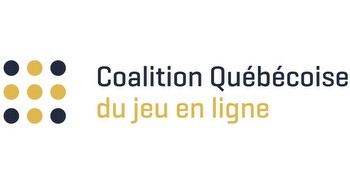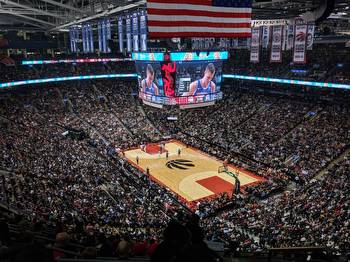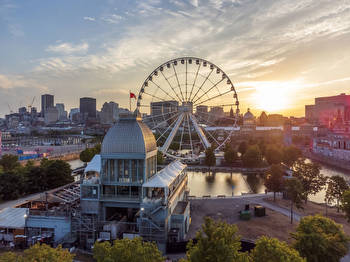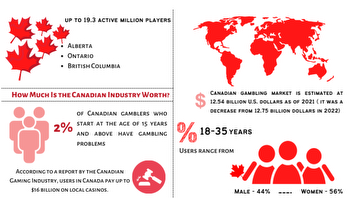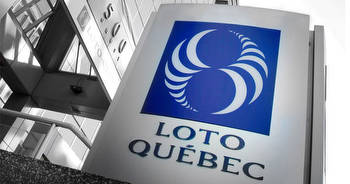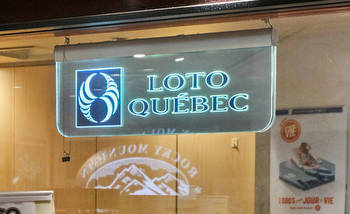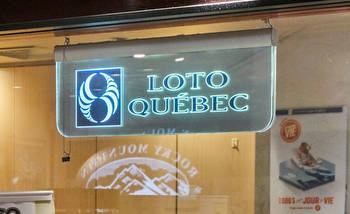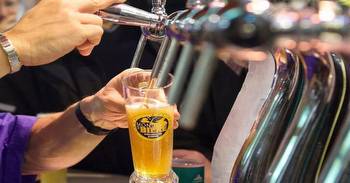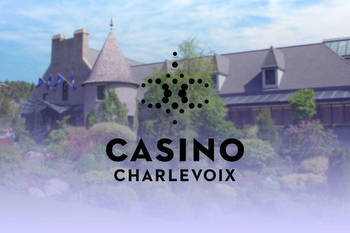Casino de Montreal Grows as Gambling Popularity Skyrockets

The Casino de Montreal is one of Canada’s largest and most popular casinos. It is located on the beautiful Notre Dame Island in Jean-Drapeau Park. The casino attracts more than seven million visitors annually, offering over 3,200 slot machines and 115 electronic and live dealer table games. The casino is operated by Loto-Quebec, a government corporation that regulates and oversees gambling in the province of Quebec. With so much on offer and in such a stunning location, the Casino de Montreal is one of the top betting locations for enthusiastic bettors in Canada.
In December 2023, Loto-Quebec announced its plans to expand the Casino de Montreal with a new 200-room hotel which will be built adjacent to the current casino. This will be a huge draw for savvy bettors, because, currently, the casino doesn’t have a hotel on-site, and in the past, customers have had to book different accommodation nearby to visit the casino. The project is expected to cost $150 million (US $112 million) and will likely take up to three years to build, given the size of the hotel. Casino de Montreal is going to become a top location with this expansion since the project will surely enhance the casino’s attractiveness as an entertainment destination and showcase Montreal’s beauty, according to Jean-François Bergeron, the president and CEO of Loto-Quebec. With the addition of 200 top-end accommodation rooms, Casino de Montreal will not only be a top-ranking casino but a one-stop shop offering a luxurious place to stay for savvy bettors as well.
Loto-Quebec hopes that the project will increase its revenues and profits, which have been severely affected by the last few years and the closure of gambling venues at that time. In 2020-21, Loto-Quebec reported a net income of $1.4 billion (US $1 billion), a 61.9% drop from the previous year. While Loto-Quebec and other traditional land-based casinos suffered great losses, the online gambling sector, however, saw a significant increase in demand and activity during this time, as more Quebecers – and people all over the world – turned to the internet for entertainment, including gambling, and socialization. Loto-Quebec does offer online games and has a steady market in that sector, but competition is stiff as they must compete with other online casinos in Canada and platforms further afield as well. Currently, their biggest source of revenue is still traditional land-based gambling, although online betting is a close second. The organization has a monopoly in the province and controls all the casinos and gaming halls. They are also in charge of regulating all online gambling in the province.
When it comes to online gambling, Loto-Quebec faces competition from privately operated online casino sites, which are preferred by 73% of other online gamblers in Canada’s big city, Quebec, according to the Quebec Online Gaming Coalition (QOGC). The QOGC is a group of private operators that advocates for a more open and competitive online gambling market in Quebec challenging Loto-Quebec’s perceived monopoly. The QOGC argues that private operators offer better products, services, and promotions to online gamblers, and contribute more to the economy and social causes than Loto-Quebec.
The expansion of the Casino de Montreal could not come at a better time, with betting on the rise in Montreal and in Canada as a whole. In fact, a study at Concordia University and Université Laval reveals that compared to 5% of Quebecers gambling online in 2018, the numbers had risen to 15% around 2020 and 2021. This came after the legalization of single-game betting in Canada. Online gambling has become widely popular and sports betting is among the favorites. Loto-Quebec’s online platform, Espacejeux, offers a variety of casino games and sports betting options, as well as lottery tickets and bingo.
Due to possible social and ethical challenges surrounding gambling, such as fraud, and money laundering, Loto-Quebec has put measures in place to ensure that all customers are aware of the risks involved in gambling. Since 1999, Loto-Quebec has paid $22 million annually to the Ministère de la Santé et des Services. This money goes towards research to support a healthy and balanced gambling environment for the future of the people of Montreal, Canada, and beyond.
Although online gambling has been on the rise in the recent past, there is still a significant portion of Canada’s betting community that prefers to go about things traditionally. More than 60% of the population makes purchases related to gambling each month, some through online gambling and some through traditional platforms. Quebecers love to gamble so much that it has become a very common pastime, with many loyal bettors enjoying spending time at traditional land-based casinos still to this day.
The expansion of the Casino de Montreal with a new hotel is a sure sign of the growing popularity and demand for gambling in Quebec. The hotel will ensure the growth of Loto-Quebec’s empire as the casino will be able to cater to locals as well as short-term or long-term visitors. The ability to provide lodgings on the premises means people from all over the world can come and visit the iconic, picturesque location. Gambling is already a major source of revenue and entertainment for the province, but this hotel will ensure potentially exorbitantly high numbers.








